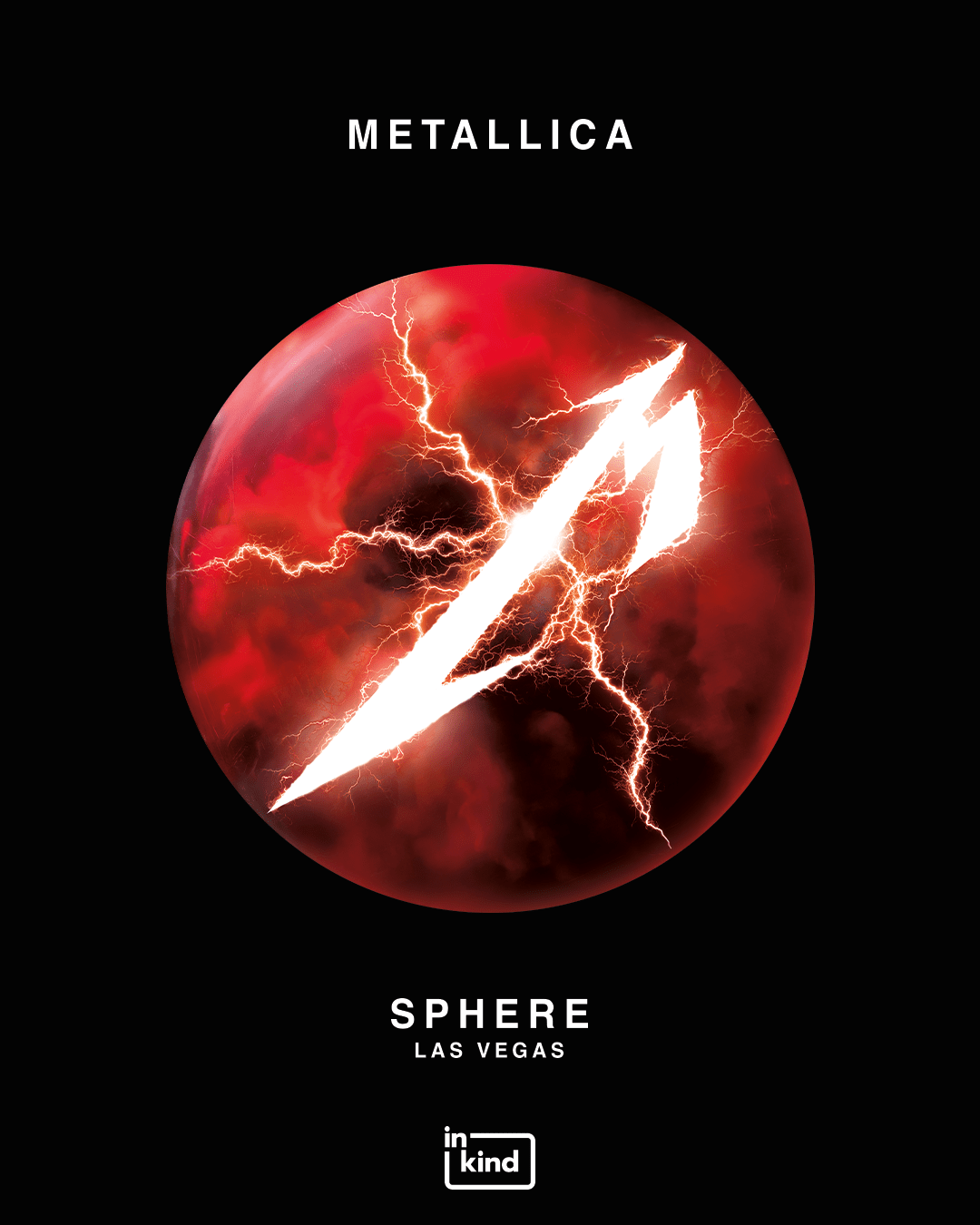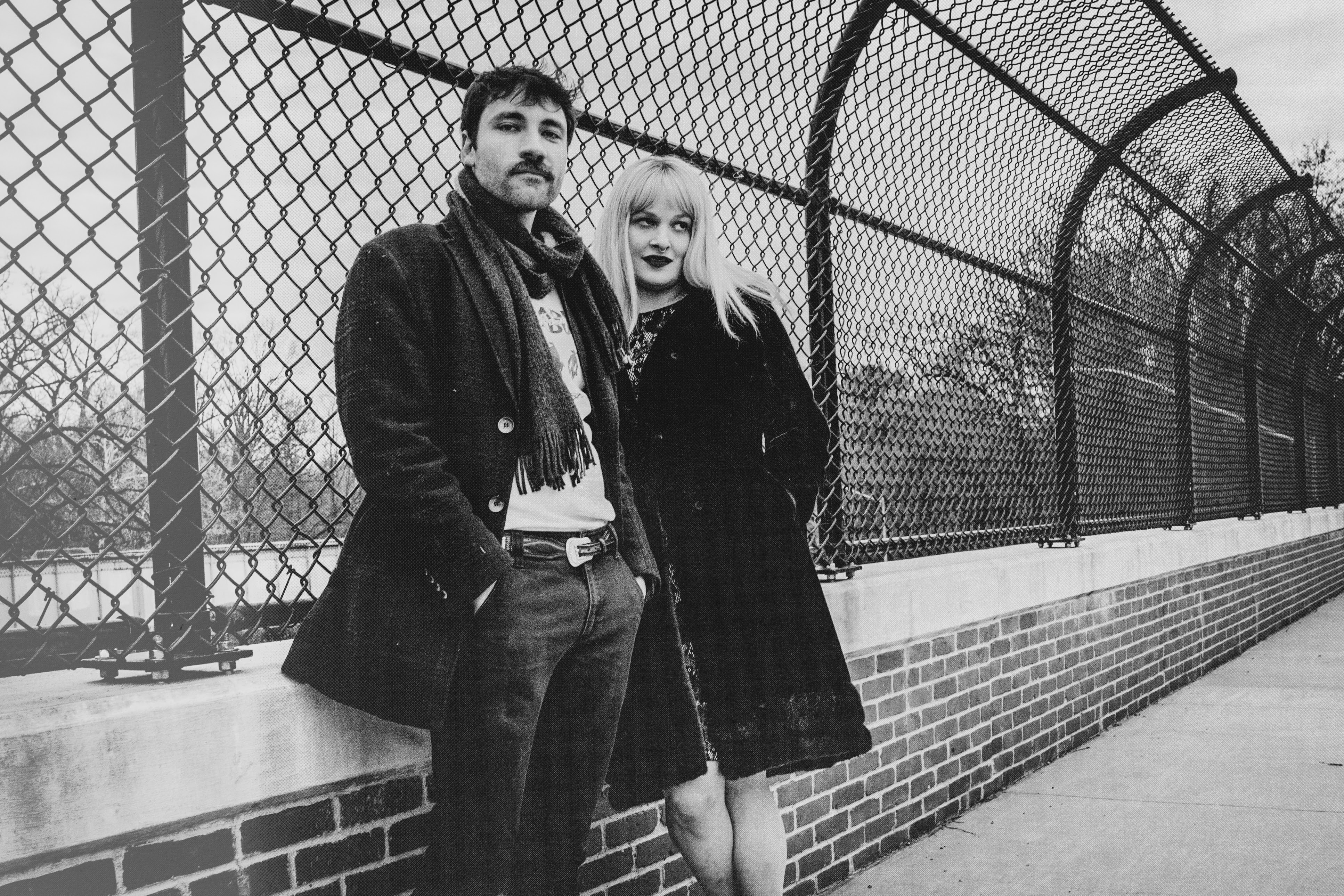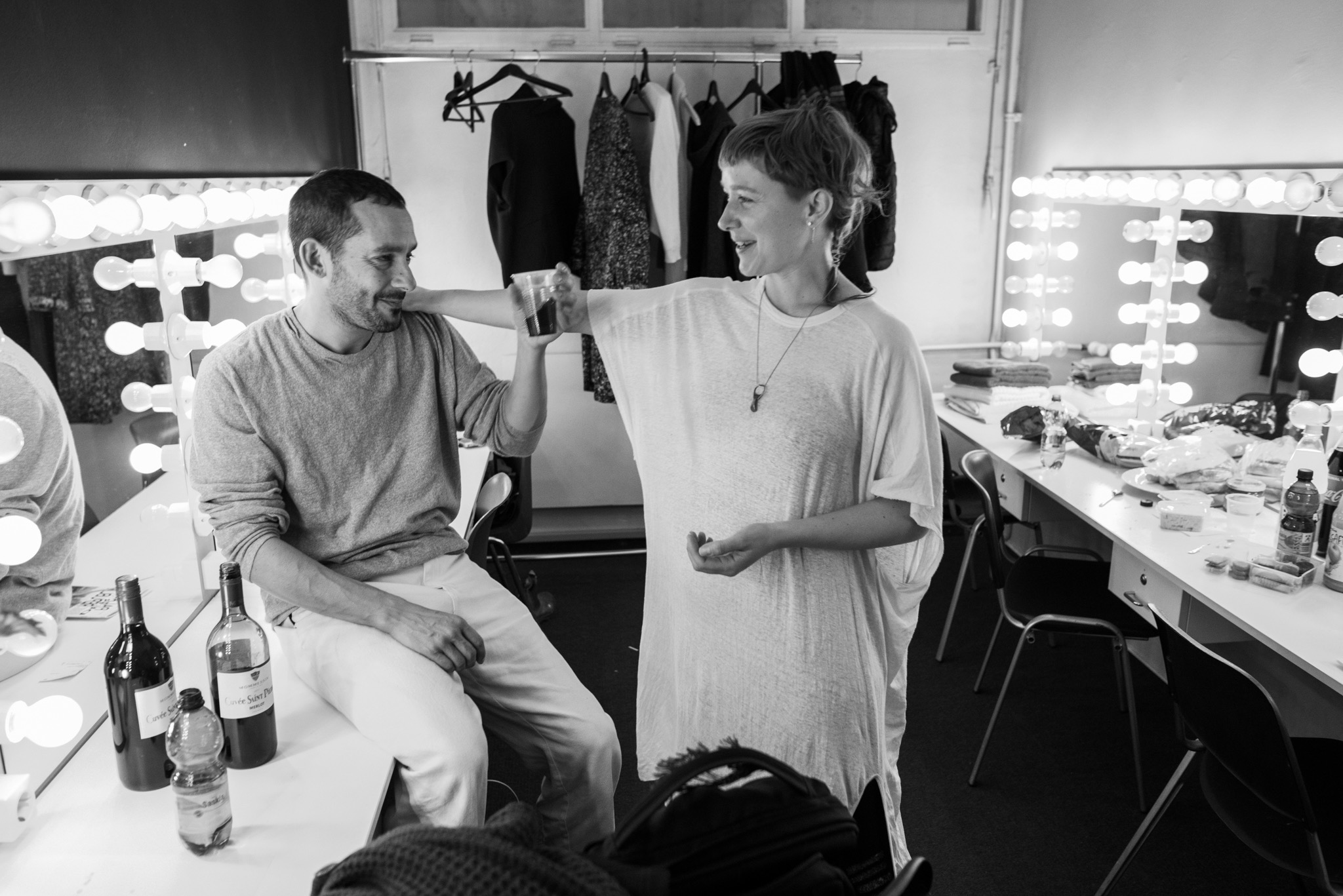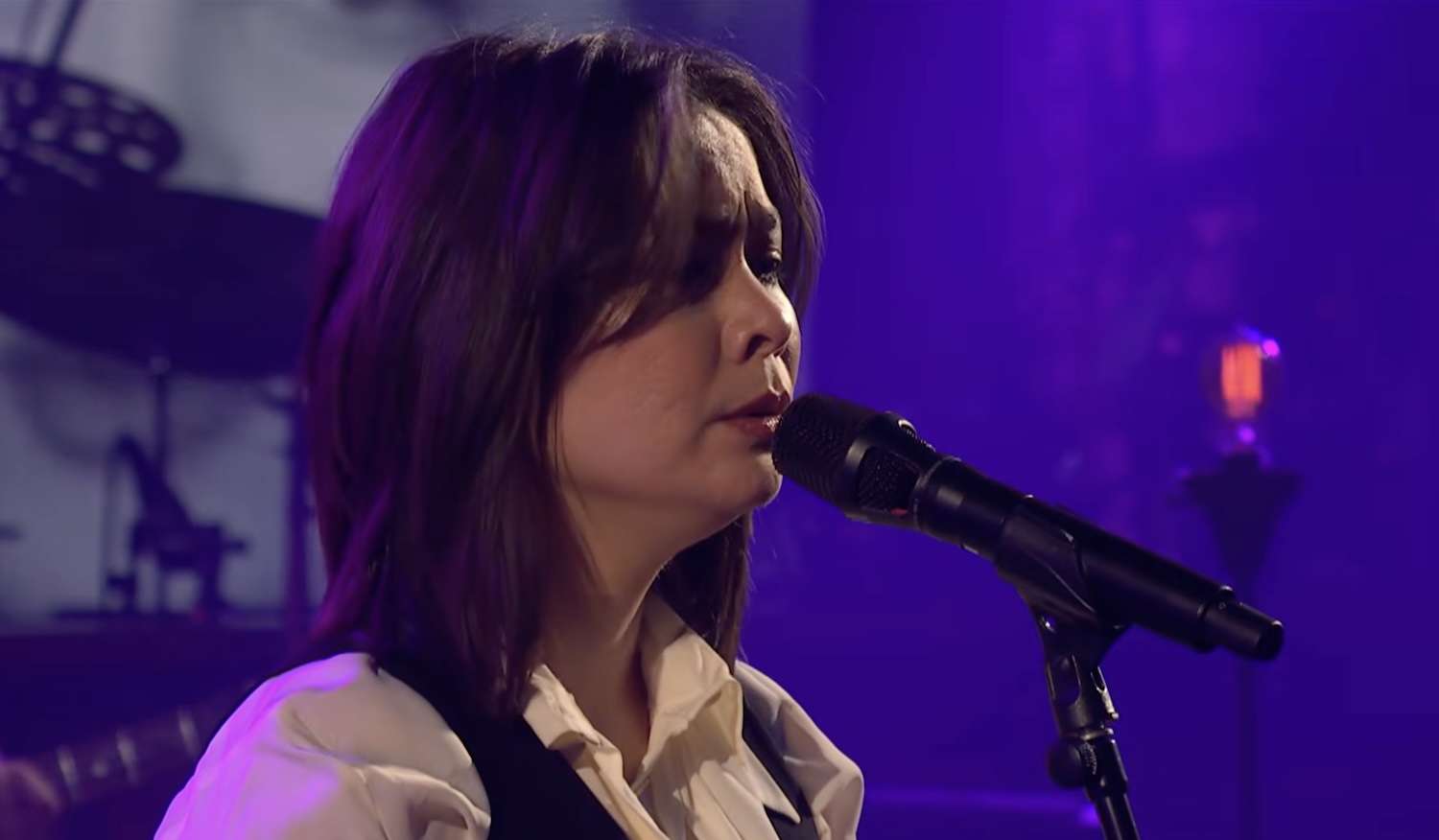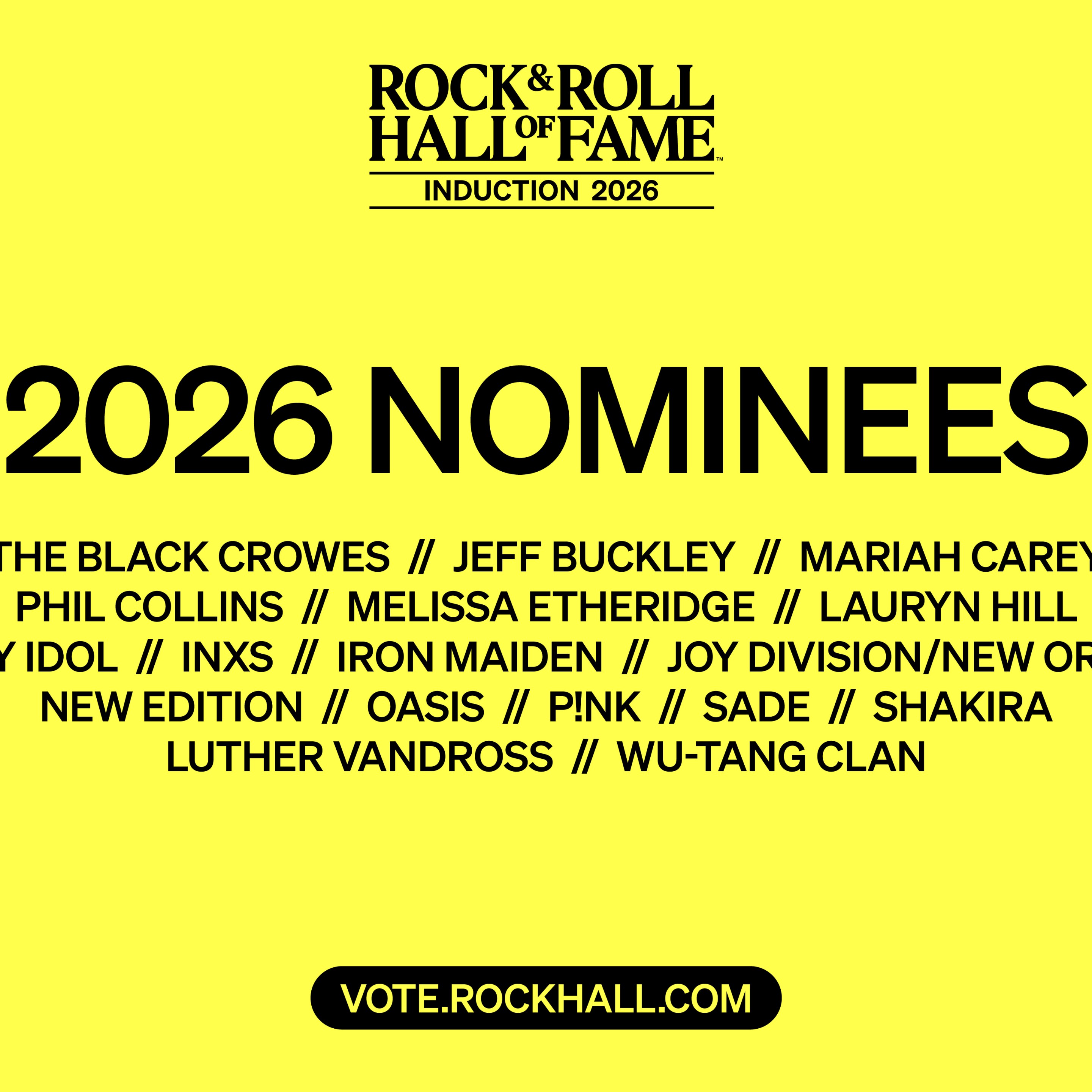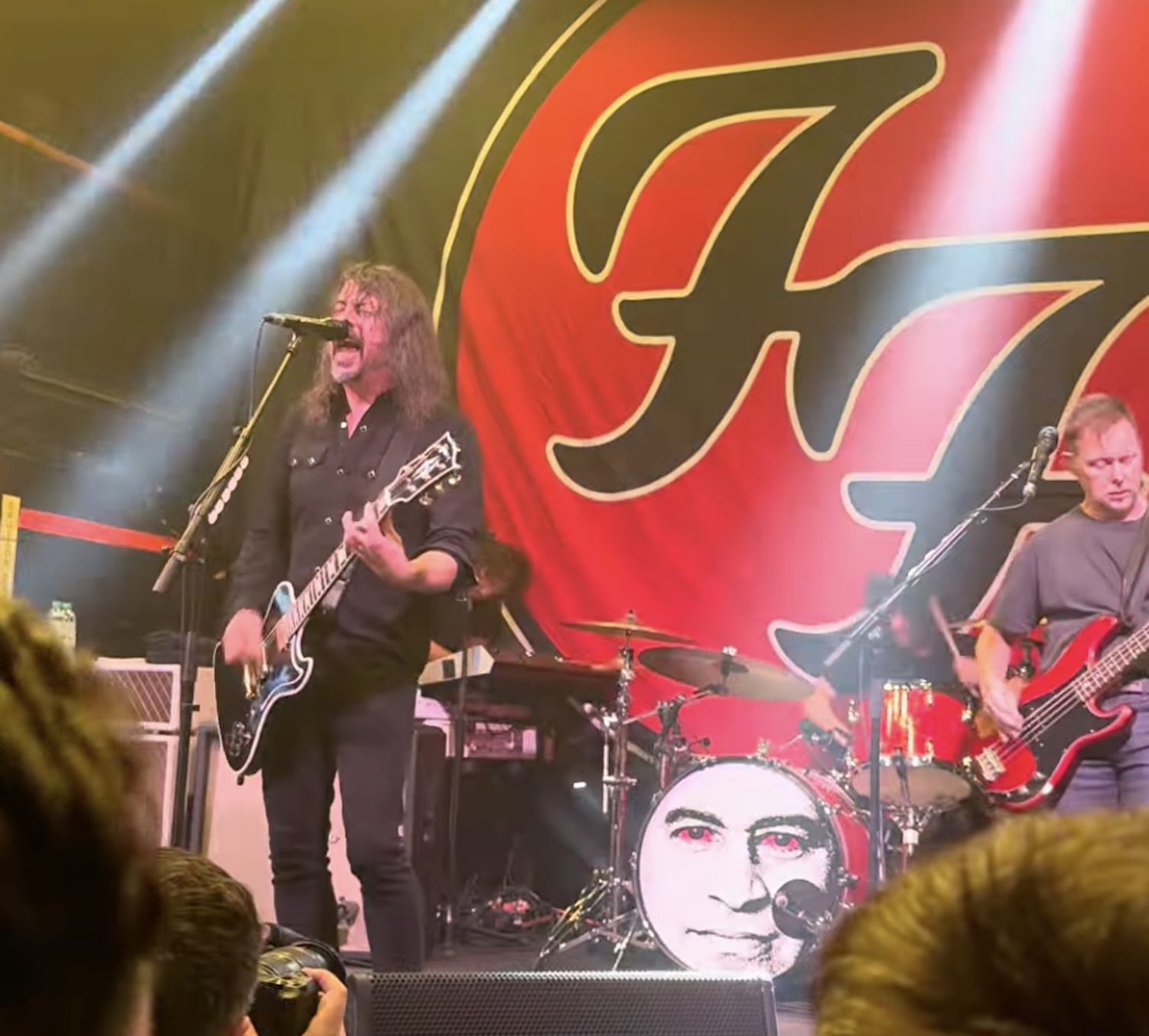ANOHNI's massive, political work Hopelessness is one of the best albums of the year, and she recently sat down with Brandon Stosuy at The Creative Independent to discuss the way she integrates visual art into her performances among other things. One of the subjects the two touched on is the current state of the music industry, and the ways in which it has changed for the worse. ANOHNI first talked about the heightened need for artists to brand themselves:
Musicians have been stripped of the ability to effectively sell our music as an object. Now we are being herded into all these shady situations. So, now, say the focus of your music is social justice—social justice becomes a big part of your “brand.” You do some TV shows and get lots of followers on Twitter. As soon as you have enough followers, the corporations come knocking to rent out your brand, which they then turn around and use as a pheromone to sell their products. You use that money to make a music video and pay your recording costs.
Later, ANOHNI focused much of her criticism on streaming services and advertisers. The most interesting part of the interview, however, is the conversation surrounding Apple Music. The company funded ANOHNI's stunning video for "Drone Bomb Me," which starred Naomi Campbell. In the clip, Campbell weeps while interpretive dancers bring ANOHNI's words to life. As it turns out, no one was paid to be in the video aside from the hairdresser, which obviously is pretty fucked seeing as how Apple is a multi billion dollar company, etc.
The whole thing was done basically for free, just to make a product that we were then obliged to rent exclusively to Apple for a fraction of what they would had to have paid for it if they had framed it as an advertisement, which is of course what it was, though I didn’t want to admit it at the time.
My being bought as a politically outspoken artist is a more potent advertising tool for Apple than a 100 more explicit ads. It creates the false aura for Apple of being cutting edge, of being artist advocates, of being innovative mavericks, of being environmentally friendly, of caring about people and communities, instead of being the McDonalds of consumer high tech whose wealth was largely pilfered from what was once a biodiverse music industry.
How brilliant is that? All of us pitching in as if we were working for a charity, and Apple, one of the biggest companies in the world, walks with an ad. I felt like a house cat that had been declawed. Those are the terms of engagement now in the music industry. We really get what we deserve. I am sure we are already at a point where we are forfeiting important artistic voices as a consequence of this.
ANOHNI then discussed the fact that people no longer want to pay for music, and how the privileged few are still able to make money off of recordings while younger artists suffer.
There are kids out there that have had viral hits that didn’t even make a month’s rent. Not long ago, if a million people listened to your music, you would get compensated. There’s a tiny clutch of people at the top who are still selling recordings, the ones with enough wealth and power to reinvent the wheel each time they release an album. But you can kiss the independent music industry goodbye. Consumers think they’re swimming with the tide, but faster, with their computer purchases, when really all we are doing is shackling ourselves to further homogeny.
And later she honed in on the force that makes all of the above so impossibly difficult to rectify or reconcile with: capitalism.
Capitalism is not a system of morality. It’s a system of economics based on wealth extraction, from the land and from people. Our minds are being formed to be dependent upon and addicted to corporate interfaces and systems. This is “for profit” technology. There is nothing free. It’s that thing they say, “When a corporation offers you something for free it’s because they are harvesting something from you that they think is even more valuable than your money.”
You’ve already got a younger generation that’s like “bring on the singularity.” The idea of it used to be a dystopian nightmare. But the trauma has already been erased. I think we have to kick back against it but I don’t even know how to. We all just suck it up and try to “swim with the tide but faster.”
It's an enlightening interview about some really dark shit that affects us all in ways that we might not want to acknowledge. Take some time out of your day and give it a read.

